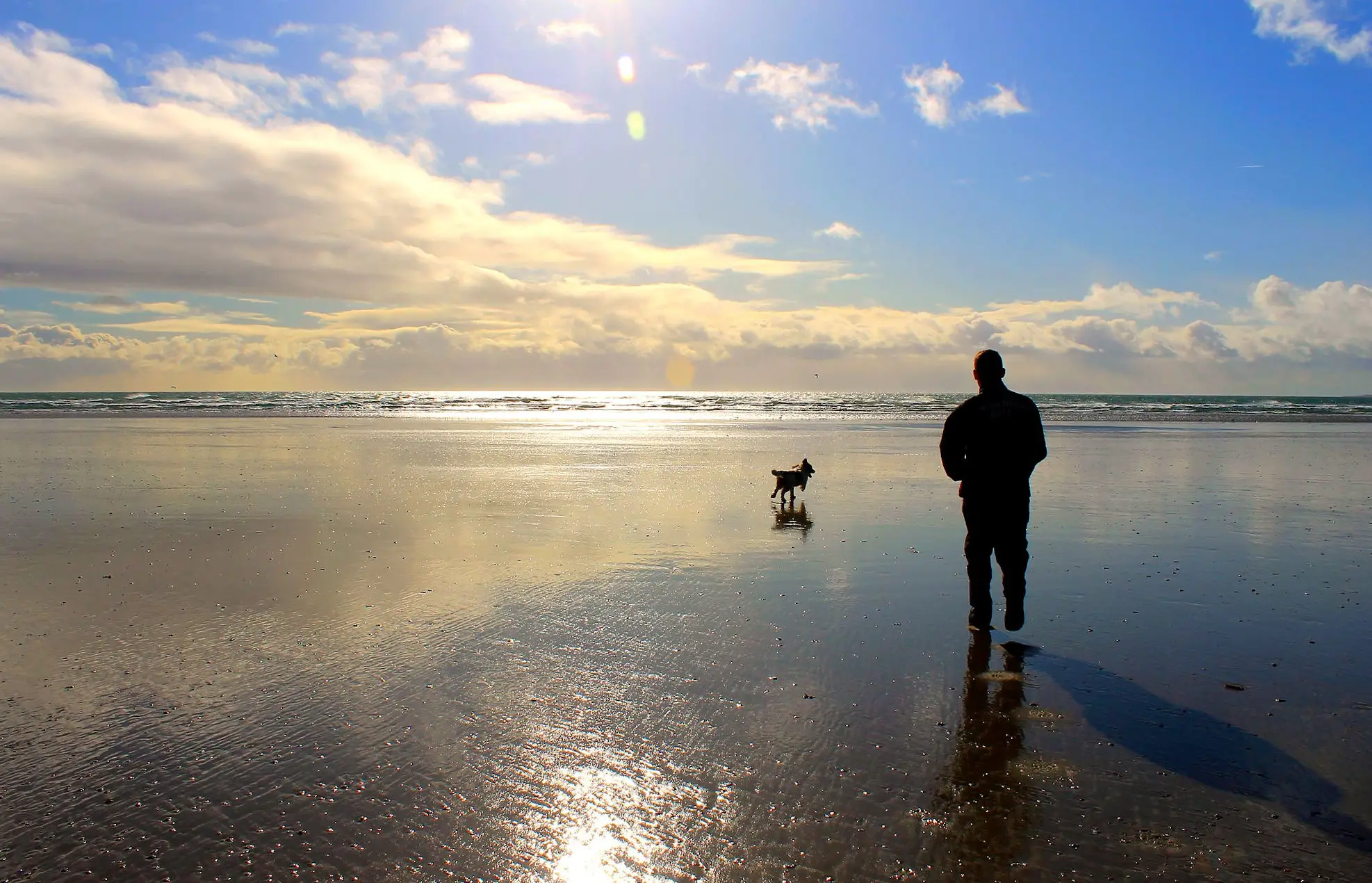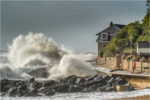Plans to introduce new restrictions, banning dogs from certain beaches during the summer, have been scrapped.
In October, the Isle of Wight Council launched a consultation on plans to introduce new Public Space Protection Orders (PSPOs), which are designed to clamp down on anti-social behaviour — such as drinking alcohol in public and dog fouling.
Dogs are already banned from a number of Isle of Wight beaches during the summer. It was suggested more beaches would be added to the list — including St Helens Duver and Seagrove Bay.
The news was met with outrage by dog lovers, who held a protest at Appley beach. More than 8,000 people signed a petition calling for the plans to be scrapped.
What’s included
The council is now set to consult on its final proposals — and no new exclusion zones will be introduced on beaches.
Instead, the new PSPOs — a newer type of legislation — will simply replace Dog Control Orders that already exist.
However, plans to ban dogs from children’s playgrounds and prevent dogs from running freely in cemeteries will be included.
IWC looking to promote where people can go with their dogs
Speaking at Thursday’s meeting of the council’s policy and scrutiny committee for regeneration and neighbourhoods, Lee Mathews, strategic manager for recreation and open spaces, said the council was required to consult on the new orders.
He said:
“We are looking predominantly to migrate the old orders across to the PSPOs. The changes mainly concern the exclusion of dogs in children’s playgrounds, dogs on leads in cemeteries and dogs on leads on a small number of rights of way with animal welfare control issues.
“On the positive side, we are looking to promote where people can go with their dogs. The Island is obviously a fantastic environment for dogs, we have some fantastic beaches, and we really want to start promoting that more.”
An eight-week public consultation is set to be launched this week, and the proposals published in full.
This article is from the BBC’s LDRS (Local Democracy Reporter Service) scheme, which OnTheWight is taking part in. Some alterations and additions may be been made by OnTheWight. Ed





